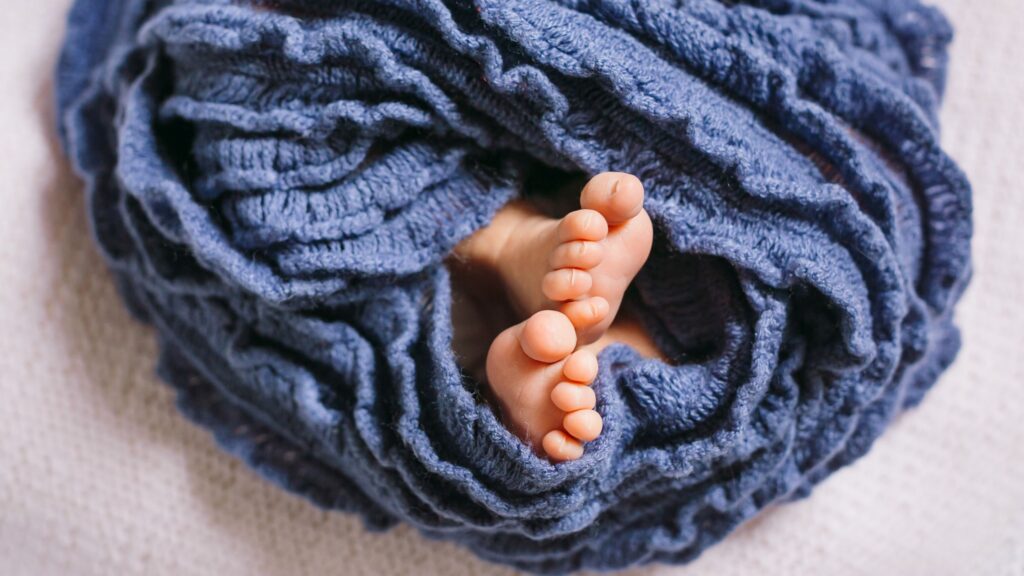The benefits of weighted blankets for the body and the organism no longer need to be demonstrated.
Moreover, specialists, researchers, and other occupational therapists are unanimous on the fact that these so-called heavy duvets play a big role in the sleep cycle and promote falling asleep.
However, although they are intended for use by young and old, sensory blankets are not necessarily suitable for use by newborns.
In this article, we tell you why buying a baby sensory blanket is not necessarily an ideal choice
Also read: Should You Put The Weighted Baby Blanket On Your Birth List?
Let’s go.
The Weight Of The Baby Sensory Blanket, A Not-So-Undisputed Asset
If weighted blankets are so popular, it is because of the benefits on the sleeper’s body. At the origin of these benefits, the deep pressure experienced by the user conditions him to sleep more quickly.
To exert such pressure, you would still need to have a certain amount of weight. This is the particularity of weighted duvets: they are very heavy (between 5 and 25 kg).
This thickness is a real asset when you have the physical conditions to support the weight of the cover.
Otherwise, it can be a major inconvenience, especially for younger people.
As a reminder, the weight of the blanket must correspond to 10% of the sleeper’s body mass and there is currently no weighted blanket weighing less than 3 kg.
Of course, we can make a blanket in 1 or 2 kg, but the benefit of such a blanket is not in our opinion necessary.
Therefore, most specialists advise against using a sensory blanket for babies. In fact, on a child under 4 or 5 years old or whose weight is less than 20 kg.
This is to prevent the weight of the weighted blanket from allowing the child to escape from the blanket alone.
To be able to use this heavy duvet, the sleeper must be able to move around in the blanket and, if necessary, be able to get rid of it on their own.
Otherwise, it would be better to do without it. Moreover, some brands like WakeUp Serenity make it clear that their blankets are not suitable for children.
What To Do In Case Of Insomnia?
If you are considering buying a blanket for your baby, opt for lightweight models and fairly soft materials that should help him sleep well at night. An infant is fragile.
This is a parameter that you must take into account in your choice of duvets.
If you experience sleep disturbances at regular intervals or recurring nighttime awakenings, it is not worth investing in a weighted product for your baby at the moment.
In other words, a baby sensory blanket would not be of much use to you and would constitute a potential danger for your child.
What you need to do is respect your baby’s rhythm and, above all, be careful not to wake him or her.
Care must also be taken to reproduce the action of a weighted blanket; that is to say, rocking your baby to soothe him and make him feel like he is in a cocoon.
You can also establish a bedtime ritual from the age of 11 months, with a beginning and an end.
What should this ritual look like? For example, you can reproduce this logical sequence of actions:
- ritual of undressing,
- bath,
- pyjamas to put on,
- stories,
- hugs and lights out.
This helps psychologically prepare the child for bed.
To go further on sensory blankets
My baby doesn’t want to sleep: Here are 3 simple but effective tips
The sensory blanket, a solution to autism
A sensory blanket for people suffering from Alzheimer’s disease

